Antarctic mountain named in honour of BGS scientist
BGS’s Ian Millar has been honoured for his geological research in Antarctica by having a mountain on the continent named after him.
06/11/2023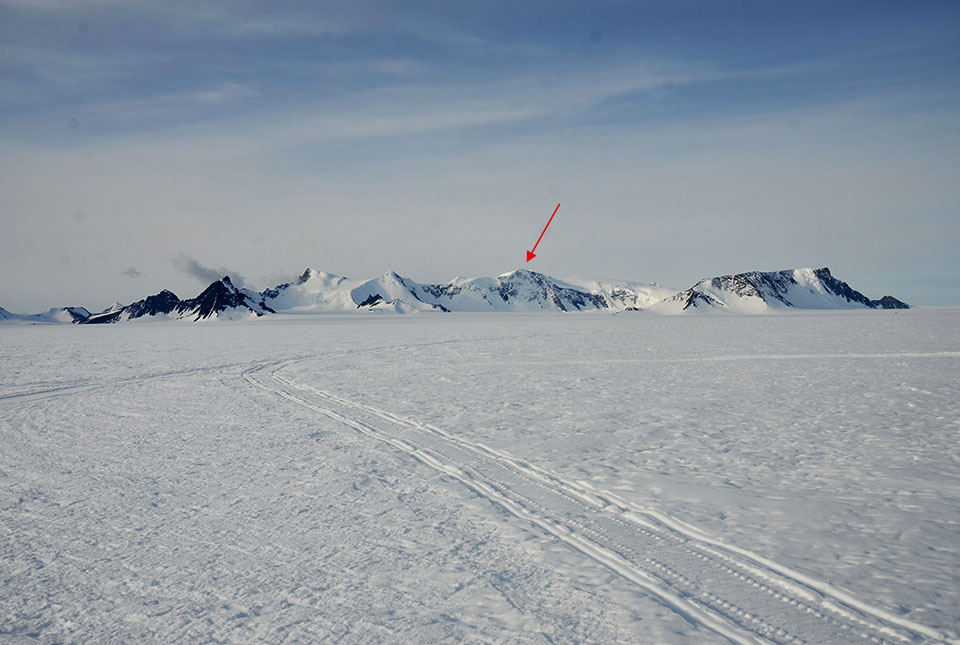
Each year, the Antarctic Place-names Committee recommends new names for geographical features, to honour scientists and support staff who have worked in the region. This year, they have announced that a 2000 m mountain on the southern Antarctic Peninsula will be named Mount Millar after Dr Ian Millar of the British Geological Survey (BGS).
Ian, who works at BGS’s headquarters in Keyworth, Nottinghamshire, worked for the British Antarctic Survey (BAS) for more than 21 years before he became an isotope geochemist at BGS in 2005. During his time at BAS, he took part in several field seasons and cruises in and around the Antarctic Peninsula and Transantarctic Mountains, spending more than a year in total working on the southern continent.
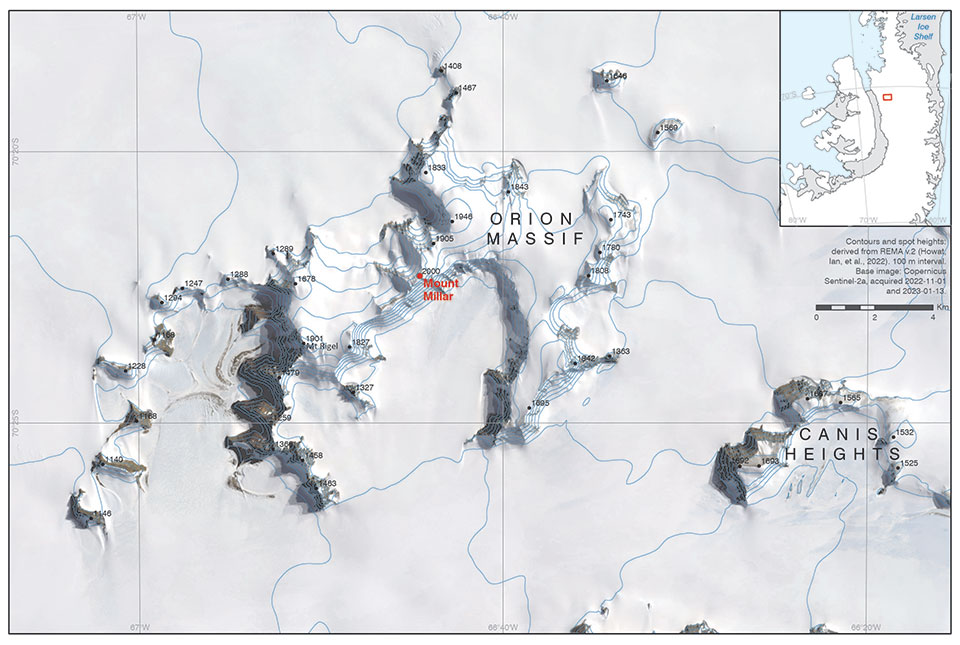
Mount Millar on the map. © UK Antarctic Place-names Committee and British Antarctic Survey.
In 1991, Ian spent ten weeks camping and travelling by skidoo with a field guide in a remote area of the southern part of the Antarctic Peninsula, collecting rock samples in order to determine the ages of the rocks, working close to the location of Mount Millar. His work there contributed to determining the geological history of the peninsula through detailed geochronology.
I have been incredibly lucky to undertake some amazing fieldwork during my career, both in Antarctica with BAS and, more recently, in much warmer regions like North Africa and south-east Asia since joining BGS.
Dr Ian Millar, BGS Isotope Geochemist.
Mount Millar can be found on the Antarctic Place-names Committee’s website.
About BAS
The British Antarctic Survey (BAS) is the United Kingdom’s national polar research institute. It has a dual purpose: to conduct polar science, enabling better understanding of global issues, and to provide an active presence in the Antarctic on behalf of the UK. BAS is a component of the Natural Environment Research Council (NERC), which is part of UK Research and Innovation (UKRI).
About the author
Relative topics
Related news
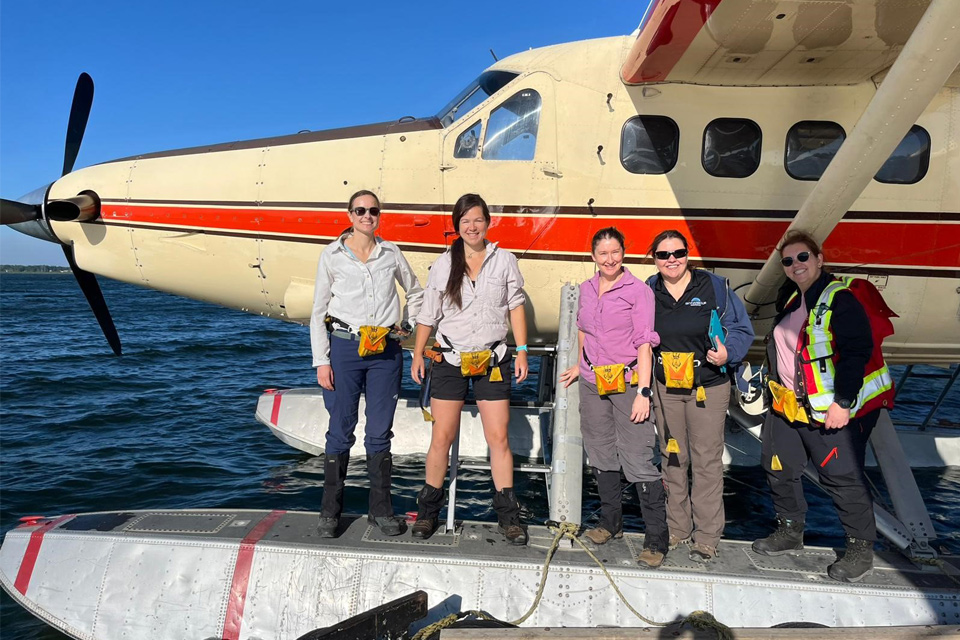
Funding awarded to UK/Canadian critical mineral research projects
08/07/2025
BGS is part of a groundbreaking science partnership aiming to improve critical minerals mining and supply chains.
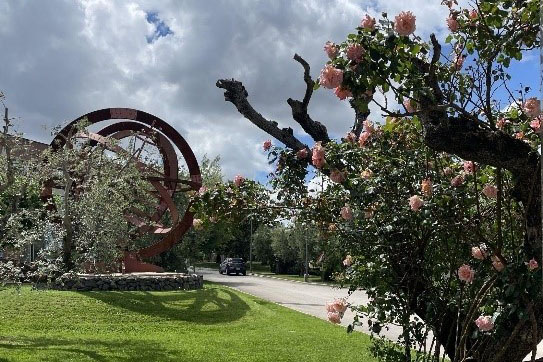
AI and Earth observation: BGS visits the European Space Agency
02/07/2025
The newest artificial intelligence for earth science: how ESA and NASA are using AI to understand our planet.
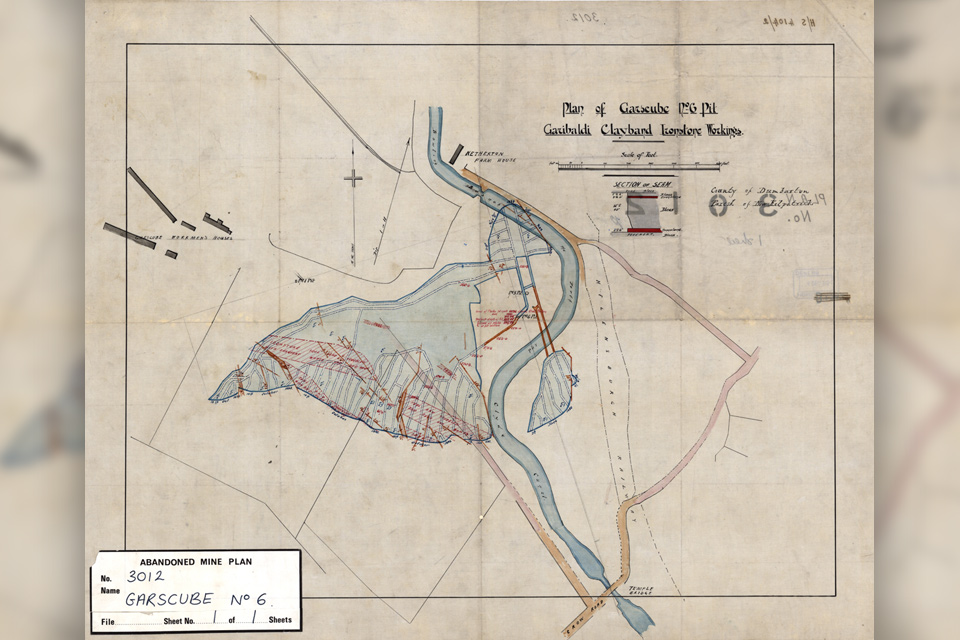
Release of over 500 Scottish abandoned-mine plans
24/06/2025
The historical plans cover non-coal mines that were abandoned pre-1980 and are available through BGS’s plans viewer.
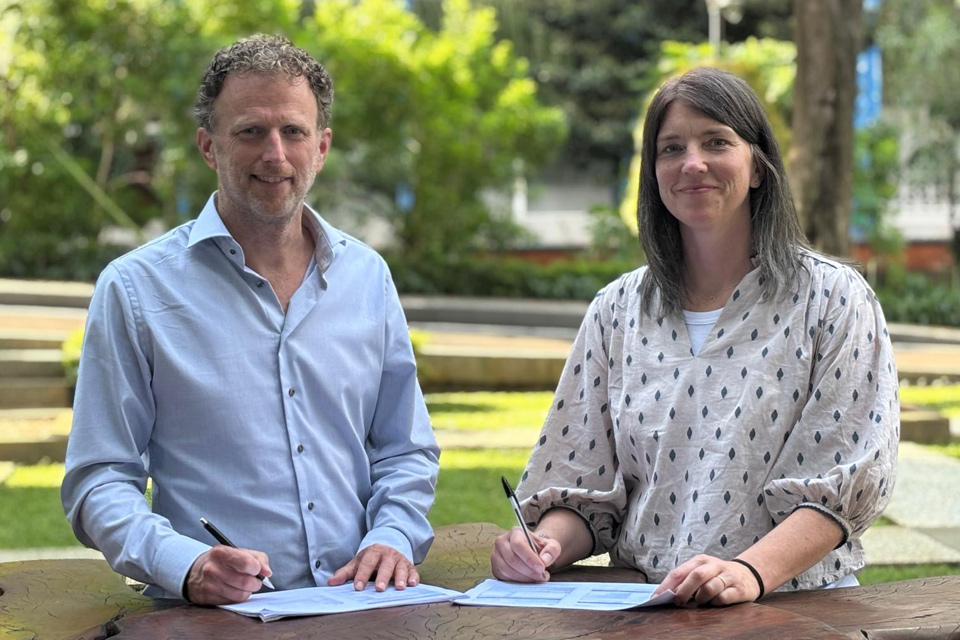
New collaboration aims to improve availability of real-time hazard impact data
19/06/2025
BGS has signed a memorandum of understanding with FloodTags to collaborate on the use of large language models to improve real-time monitoring of geological hazards and their impacts.
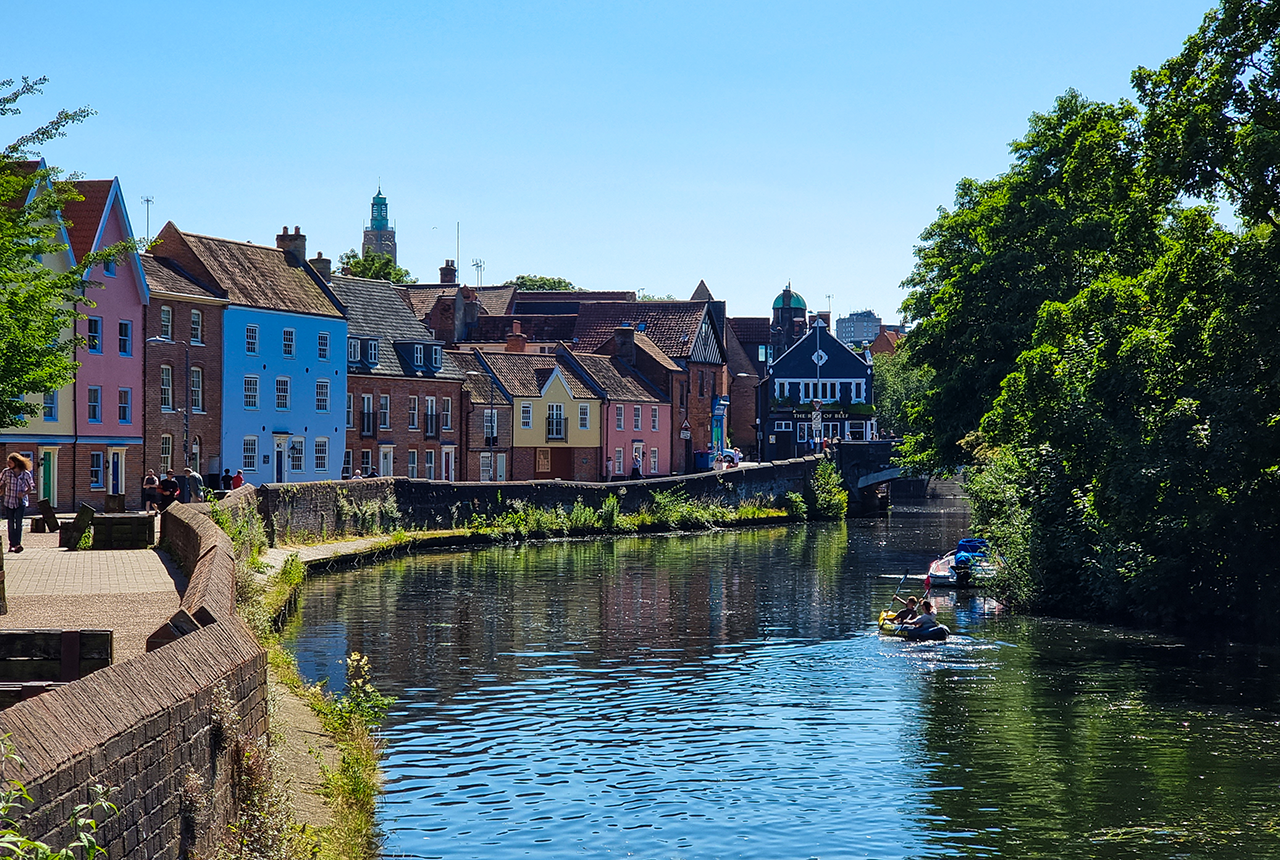
Modern pesticides found in UK rivers could pose risk to aquatic life
17/06/2025
New research shows that modern pesticides used in agriculture and veterinary medicines have been found for the first time in English rivers.

Goldilocks zones: ‘geological super regions’ set to drive annual £40 billion investment in jobs and economic growth
10/06/2025
Eight UK regions identified as ‘just right’ in terms of geological conditions to drive the country’s net zero energy ambitions.
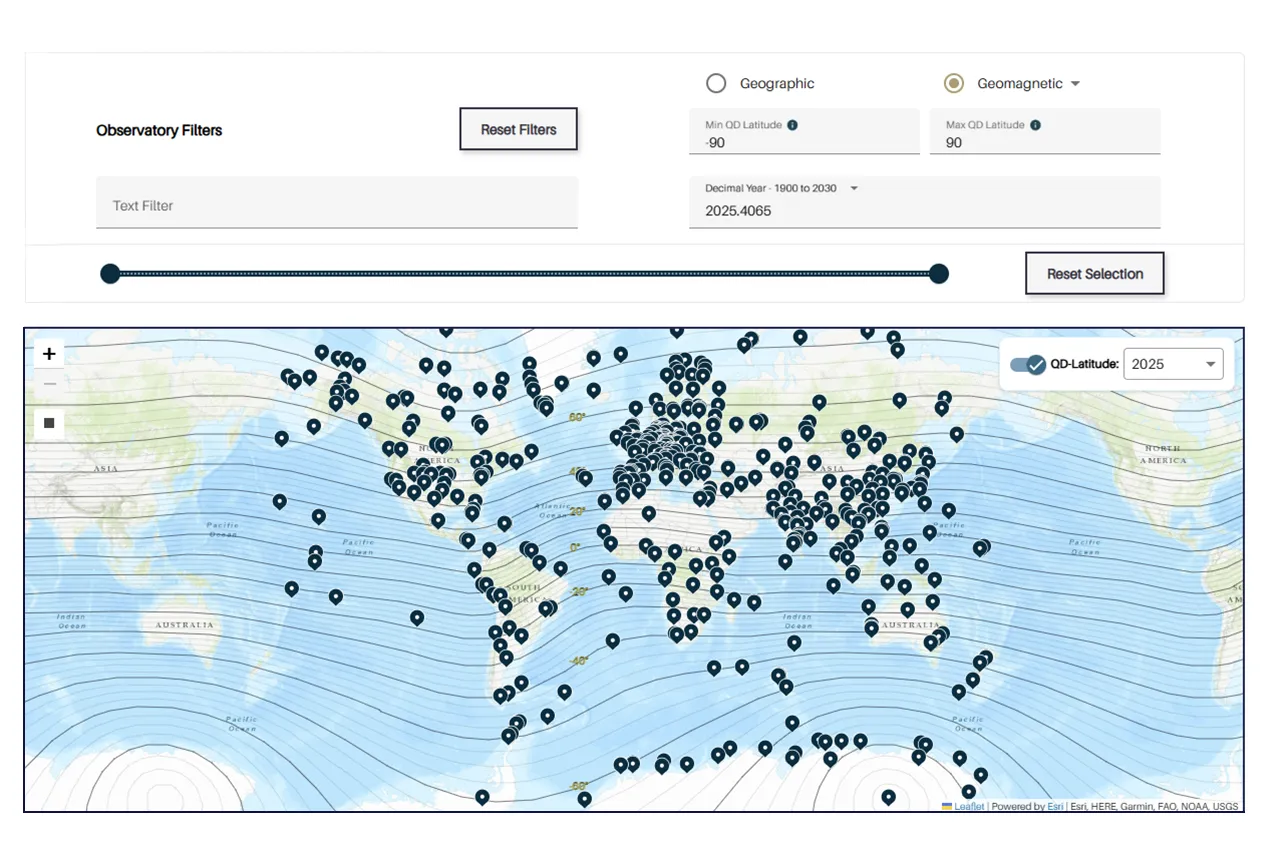
Upgraded web portal improves access to geomagnetism data
02/06/2025
BGS’s geomagnetism portal, which holds data for over 570 observatories across the world, has received a significant update.

BGS digital geology maps: we want your feedback
29/05/2025
BGS is asking for user feedback on its digital geological map datasets to improve data content and delivery.

What is the impact of drought on temperate soils?
22/05/2025
A new BGS review pulls together key information on the impact of drought on temperate soils and the further research needed to fully understand it.
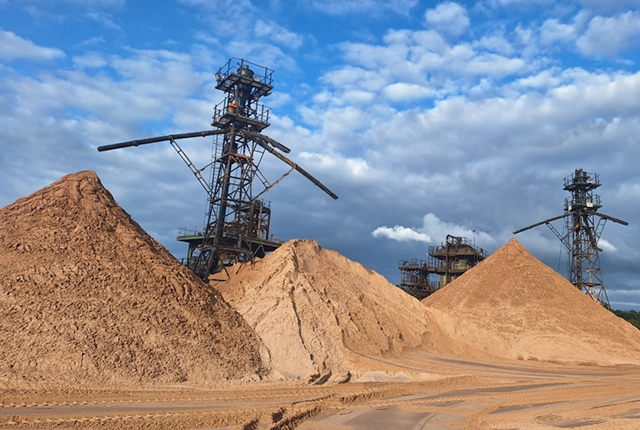
UK Minerals Yearbook 2024 released
21/05/2025
The annual publication provides essential information about the production, consumption and trade of UK minerals up to 2024.

BGS scientists join international expedition off the coast of New England
20/05/2025
Latest IODP research project investigates freshened water under the ocean floor.

New interactive map viewer reveals growing capacity and rare earth element content of UK wind farms
16/05/2025
BGS’s new tool highlights the development of wind energy installations over time, along with their magnet and rare earth content.




